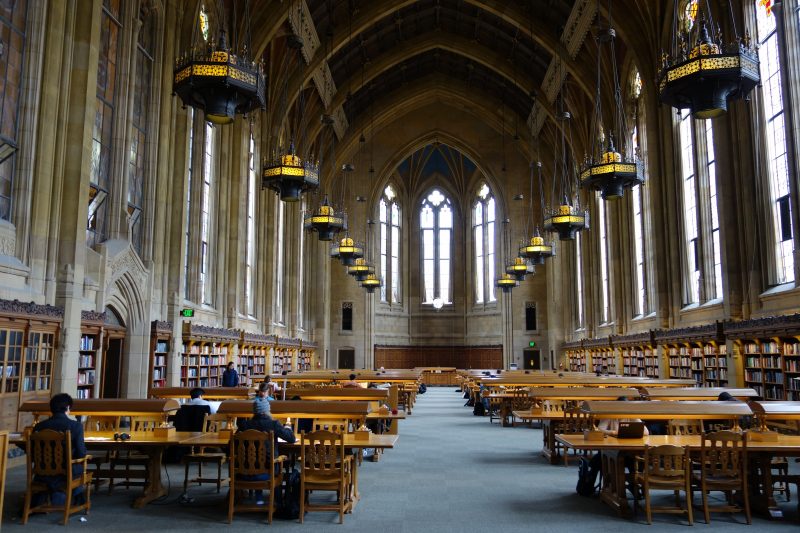
A PhD is an education
The motivation to do a PhD varies between people. For some it’s pursuing a topic they are passionate about, for others it’s a qualification that best suits their career plan. Perhaps for some its purely about those sweet authorships.
However an overlooked reason for doing a PhD is that it is an education and learning experience for science and beyond. Ultimately the process of doing a PhD should leave you with lifelong professional skills, confidence, and the know-how to succeed in any career.
PhD students often emphasise the negatives of a PhD, the low pay, the stress of experiments (not) working and the long work hours and weekends. Of course for a minority of students the experience is bad for reasons beyond their control. PhD conditions vary by institute/country/field/supervision. However rarely do we talk about the positives. The chance to be directly involved in forwarding human understanding. Creating new knowledge and learning valuable skills on the way. The chance to work with great minds and use techniques known to few.
I started a PhD for two reasons.
1) I enjoy science and wanted to get a real experience of research.
2) To improve my professional skills so that I will be well suited in any later career.
Even if I don’t continue in academia, I will still get a valuable qualification and I am not committing myself to any career path. I remind myself when times are hard that this is an education. You are meant to learn and relearn how you work and this will make you a better character and professional.
The biggest positive is the chance to learn important professional skills such as communication, time management, project management and interpersonal skills through trial (and error). Plus, you create new knowledge and get an invaluable qualification on the way.
And when a PhD is described this way, it suddenly looks a whole lot better.

0 comments